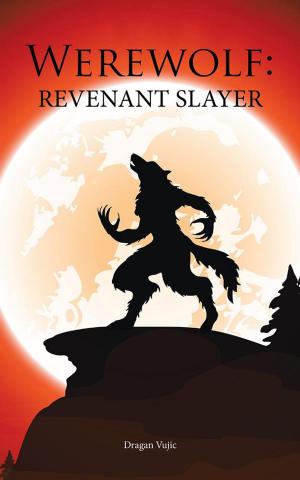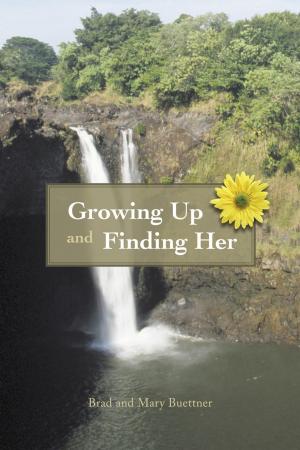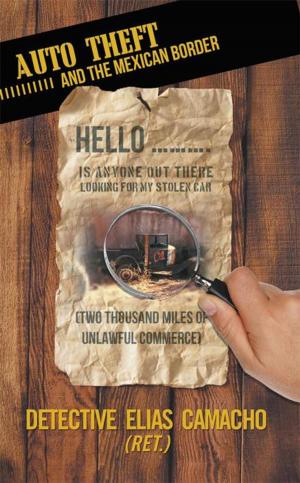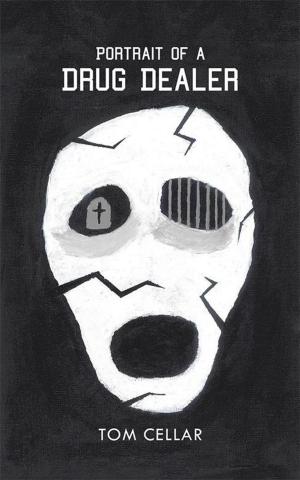| Author: | Hendrik E. Sadi | ISBN: | 9780595722525 |
| Publisher: | iUniverse | Publication: | October 17, 2001 |
| Imprint: | iUniverse | Language: | English |
| Author: | Hendrik E. Sadi |
| ISBN: | 9780595722525 |
| Publisher: | iUniverse |
| Publication: | October 17, 2001 |
| Imprint: | iUniverse |
| Language: | English |
When a group of young teenagers come to build a meetinghouse for a local American Indian tribe in Oklahoma on a summer in the 1950's more than work waits for them, when the forces of love, jealousy, hatred and revenge are unleashed. And the comical, but diabolical machination of evil, in the form of a diminutive old man, leads to the climactic death of one of the main characters.
"A beautiful, wide-reaching story of the families who live and die in Upland, a bucolic American settlement in decline. A lasting image from Sadi's novel is the cloud of dust that remains hanging in the air after a host of characters leave Upland, the small farming community at the center of the author's moving, meditative piece of fictional family history. The tiny berg comes to represent a lost way of life, a bygone era when people were closer to the land and, in the best of times, closer to one another. Technology and the lure of the city threaten that idyllic lifestyle, and this is the story of the attrition that inevitably wears it away.
The novel-which begins shortly after the Civil War and stretches more than a hundred years later- revolves around a number of Upland families, none more important than the eponymous Jenfords, whose patriarch Clayborn clears the first fields for farming. Sadi's book is a love letter to the Jenfords and to the slower pace at which they steadfastly live their lives. The author is a skilled prose stylist, and his sentences are like the furrows in the fertile earth of Upland-long, straight and hard-won. Sadi labors over his words like a farmer labors over his land, and both are sure that their hard work will yield lush, green life. Readers would be lucky if all writers devoted so much sweat to their craft.
Nonetheless, Sadi would benefit at times to let some of the city's flash into his pastoral tale; the care he devotes to his idyllic saga sometimes becomes overbearing, his narrative occasionally risks falling into tedium. But it never quite does, and this book remains an almost Steinbeck-like tribute to family, community and the land. Subtle, patient and absolutely lovely."
-Kirkus Discoveries, Nielsen Business Media
When a group of young teenagers come to build a meetinghouse for a local American Indian tribe in Oklahoma on a summer in the 1950's more than work waits for them, when the forces of love, jealousy, hatred and revenge are unleashed. And the comical, but diabolical machination of evil, in the form of a diminutive old man, leads to the climactic death of one of the main characters.
"A beautiful, wide-reaching story of the families who live and die in Upland, a bucolic American settlement in decline. A lasting image from Sadi's novel is the cloud of dust that remains hanging in the air after a host of characters leave Upland, the small farming community at the center of the author's moving, meditative piece of fictional family history. The tiny berg comes to represent a lost way of life, a bygone era when people were closer to the land and, in the best of times, closer to one another. Technology and the lure of the city threaten that idyllic lifestyle, and this is the story of the attrition that inevitably wears it away.
The novel-which begins shortly after the Civil War and stretches more than a hundred years later- revolves around a number of Upland families, none more important than the eponymous Jenfords, whose patriarch Clayborn clears the first fields for farming. Sadi's book is a love letter to the Jenfords and to the slower pace at which they steadfastly live their lives. The author is a skilled prose stylist, and his sentences are like the furrows in the fertile earth of Upland-long, straight and hard-won. Sadi labors over his words like a farmer labors over his land, and both are sure that their hard work will yield lush, green life. Readers would be lucky if all writers devoted so much sweat to their craft.
Nonetheless, Sadi would benefit at times to let some of the city's flash into his pastoral tale; the care he devotes to his idyllic saga sometimes becomes overbearing, his narrative occasionally risks falling into tedium. But it never quite does, and this book remains an almost Steinbeck-like tribute to family, community and the land. Subtle, patient and absolutely lovely."
-Kirkus Discoveries, Nielsen Business Media















